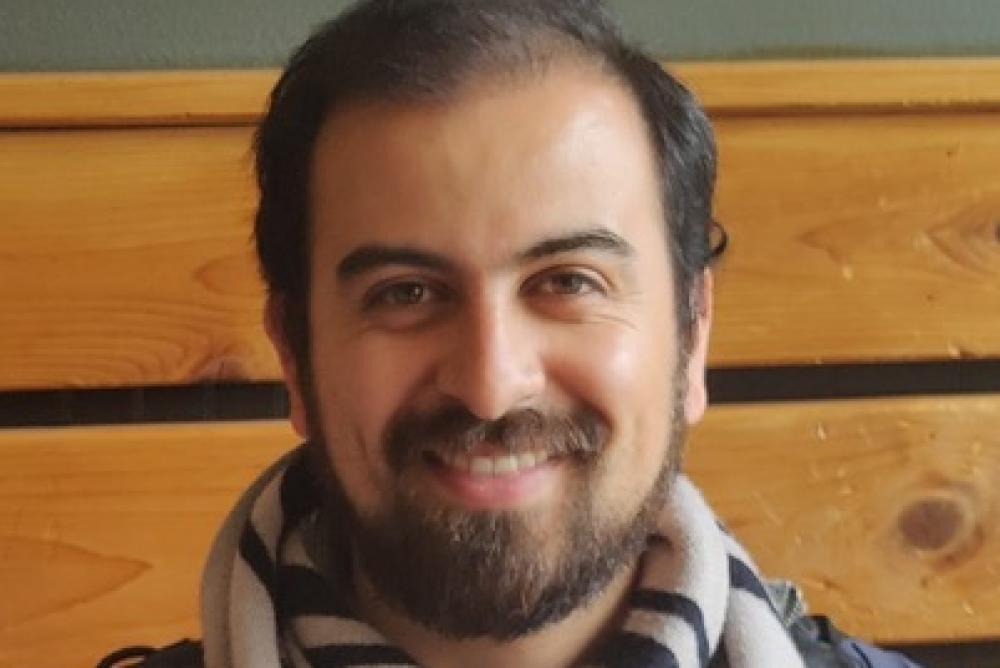A&S Graduate Studies
[PAST EVENT] Physics Dissertation - Felipe Gilberto Ortega Gama
Access & Features
- Open to the public

Felipe Gilberto Ortega Gama, "Transitions to Two-Hadron States from Quantum Chromodynamics"
Abstract:
The rich spectrum of hadrons reflects the complexity of interactions between quarks and gluons confined within them. Most of these hadrons are extremely short-lived and are called resonances. Experimentally, they are observed indirectly through their effects on the energy distribution in scattering experiments. Additionally, the non-perturbative nature of Quantum Chromodynamics (QCD), which governs the dynamics of quarks and gluons, prevents the implementation of known analytical techniques for calculating transition and interaction rates between hadrons. Lattice QCD (LQCD), a numerical implementation of QCD, provides a non-perturbative approach to studying the spectrum, as long as we understand how to account for finite-volume and imaginary-time effects in our calculations. In this dissertation, we present two main results. First, the formalism for extracting the elastic form factors of resonances from LQCD, which is necessary to understand their internal structure. Second, we perform the first numerical calculation of a coupled-channel transition, the time like form factor of the pion, extending into the inelastic region above the kaon-antikaon threshold. These developments open the door for future calculations that explore the non-trivial internal structure of QCD resonances.
Bio:
Felipe Gilberto Ortega Gama was born in Toluca, State of Mexico, Mexico. He attended Tecnológico de Monterrey in Mexico, pursuing a B.Sc. in Engineering Physics. Later, he completed an M.Sc. degree in the PSI program at the Perimeter Institute and the University of Waterloo in Canada. In 2018, he joined William & Mary to work on hadronic physics and study the non-perturbative dynamics of quantum chromodynamics. After graduation, he will become a postdoctoral fellow at the University of California, Berkeley.
Zoom link is available upon request. Please email Yvette
Sponsored by: Physics
